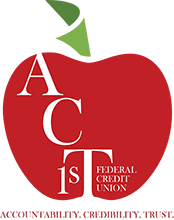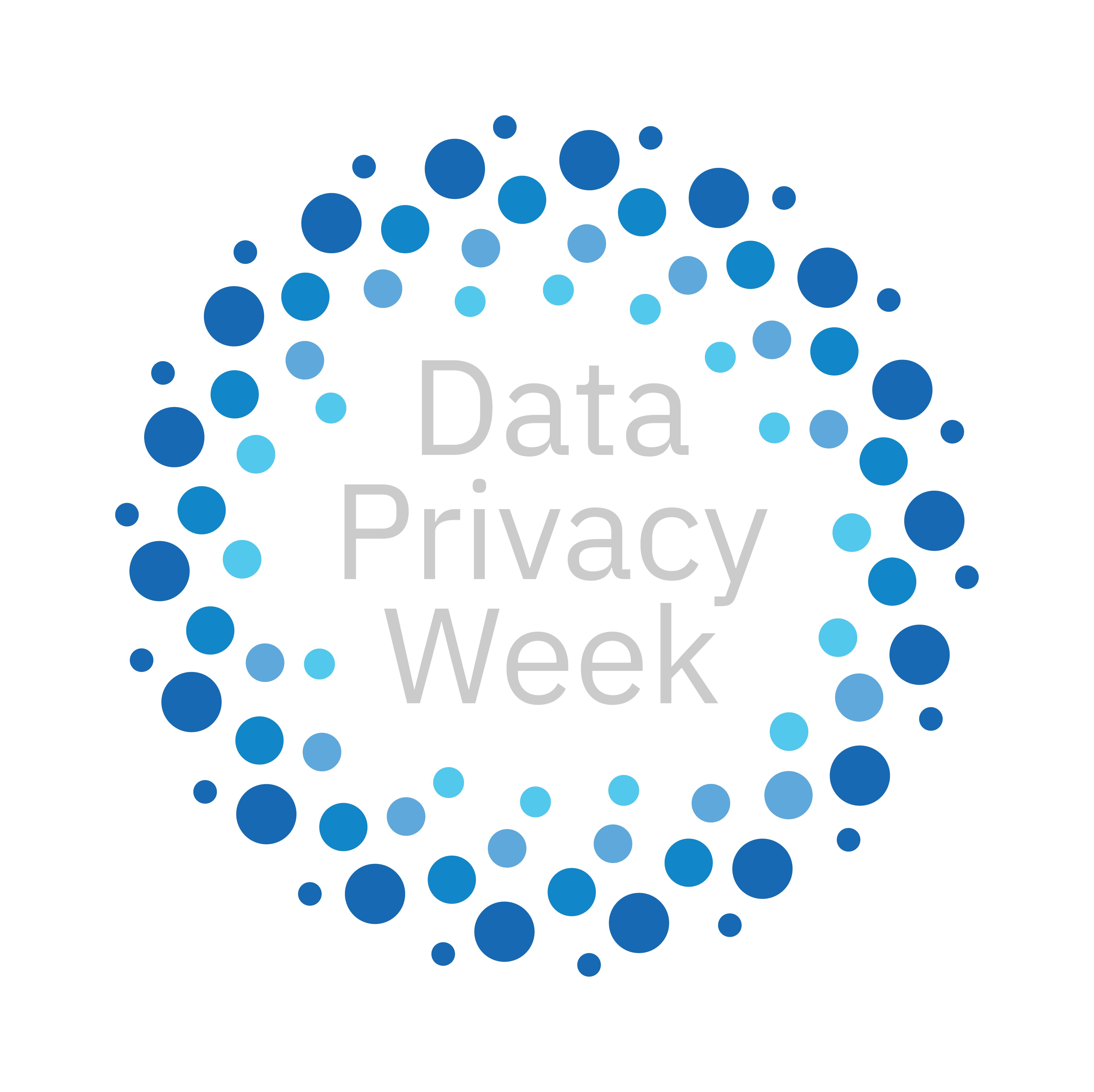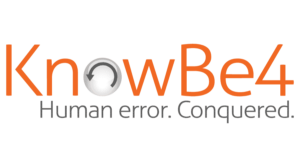As teens become more independent and take on more responsibilities, they must learn about money management. Understanding the basics of personal finance can set them up for a more secure financial future. From budgeting to saving to investing, teens can learn money lessons now that will serve them well in the coming years – while with the safety net of home. This blog post shares vital money lessons you can help your teenager know.
Money Lessons for Teens:
1.Create a budget: Track your income and expenses to understand where your money is going.
2. Save early and often: Make it a habit. Even small amounts can add up over time.
3. Understand credit: Know the difference between good and bad debt, and the importance of building good credit.
4. Avoid overspending: Learn the difference between needs and wants.
5. Understand investing: Learn how investing can help you grow your money over time.
6. Understand taxes: Understand how much you are paying in taxes and how to file your taxes correctly.
7. Earn and manage money responsibly: Save a portion of your earnings, and spend the rest wisely.
8. Be prepared for emergencies: Start building an emergency fund to cover unexpected expenses.
9. Shop around: Avoid making impulse purchases. Compare prices and look for discounts and promo codes.
10. Give back: You can make a difference, even on a tight budget.
These are just a few examples of financial goals that may be appropriate for teenagers. It’s important to set goals that are realistic and achievable based on individual circumstances. Help your teen start on the right financial track with ACT 1st Federal Credit Union.














